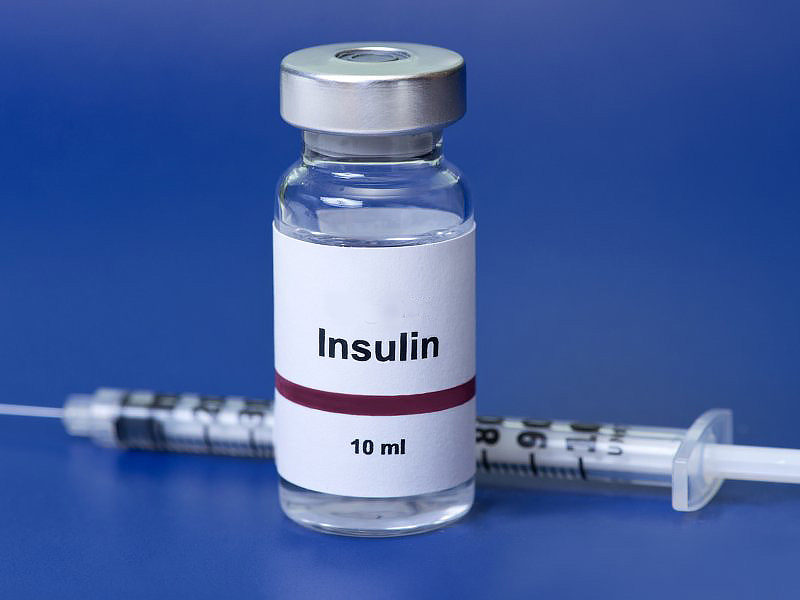‘Biohackers’ want to make insulin ‘open source’ so that it will be cheaper for tens of millions of diabetics
11/19/2015 / By usafeaturesmedia

(Cyberwar.news) For the 370 million people around the world with diabetes who rely on daily injections of insulin to regulate blood sugar levels so they can survive because their bodies don’t make the hormone, living with the disease can be expensive. That is especially true for American diabetics, because there are no generic versions of insulin available in the U.S., a key factor in the $176 billion in medical expenditures they incurred in 2012 alone.
But now, a team of “biohackers” at Counter Culture Labs, a community facility in Oakland, Calif., want to clear the way for generic insulin to be available the world over, Popular Science reports. To do that they have launched a crowdfunding page for their project.
Their goal is simple: Make and refine synthetic insulin from E. coli bacteria and then document their process, making it public. They hope the result is that a generic pharmaceutical company will then use their protocol to manufacture insulin that is affordable for everyone, everywhere.
PopSci notes there are a number of insulin types that have been approved by the U.S. Food and Drug Administration. Some are long-lasting while others are fast-acting, but all are protected by patents so there are no generic versions.
“It takes legitimate scientific research to create a biosimilar generic [drug], and generic companies don’t want to do scientific research,” Maureen Muldavin, a program manager at Counter Culture Labs and a biohacker involved in the Open Insulin project, told the magazine.
- Have you ‘liked’ Cyberwar.news on Facebook? Click here!
Mother Nature's micronutrient secret: Organic Broccoli Sprout Capsules now available, delivering 280mg of high-density nutrition, including the extraordinary "sulforaphane" and "glucosinolate" nutrients found only in cruciferous healing foods. Every lot laboratory tested. See availability here.
Such drugs are not easy to develop she added, and insulin is particularly challenging because of its structure.
“It’s not as simple as putting the genetic code [in the bacteria] and out pops insulin,” she said.
With money collected via the crowdfunding effort researchers at the lab plan to spend next year figuring out how to make insulin from E. coli and then purify it. Since the resulting insulin likely won’t be pure enough for human patients, they will determine if their insulin will be viable through other tests with antibodies. Then, with the open-source insulin, pharmaceutical firms could seek FDA approval to begin producing the generic insulin.
Not everyone is convinced the Counter Culture Lab’s work will be successful. One of them is Kevin Riggs, a professor in medicine a Johns Hopkins University and co-author of an article about generic insulin earlier this year. He told PopSci that he doesn’t believe Open Insulin will be enough to bring a generic version to the market.
“I don’t think the major hurdle is that the companies don’t know how to make insulin, because that part is reasonably straightforward,” he said. “The real hurdles are getting the drug approved by the FDA (and since insulin is a biologic drug, it requires a lot more original data than an application for a small-molecule generic would), and then upfront manufacturing costs (because making a biologic drug is different, so it requires different equipment).”
He further says he believes it will take “an altruistic entity with a lot of start-up money” to make generic insulin commercially available.
For her part, Muldavin told PopSci the drug – if the research team is ultimately successful – won’t be available for about 20 years or so.
But she thinks that eventually companies will make and sell home kits for patients and consumers to make their own drugs in the comfort of their own homes.
“We’re truly in a golden age of biology,” Muldavin said. “Every year it gets so much easier and cheaper to do genetic engineering.”
See also:
Tagged Under: biotechnology, diabetics, hackers, insulin, open source




















